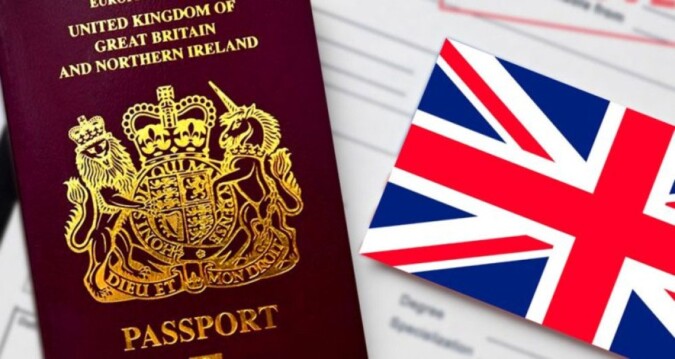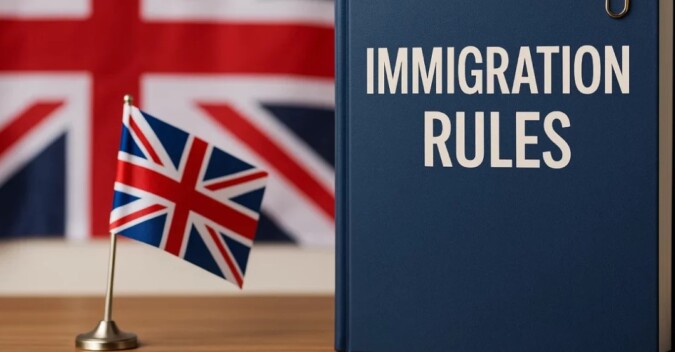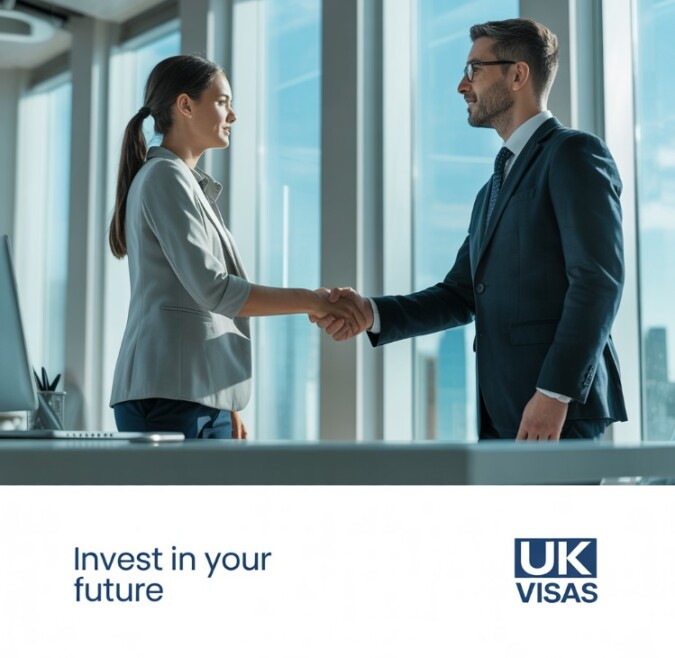For business owners looking to establish or expand operations in the UK, understanding the visa system can feel daunting. The UK offers a range of business‑oriented visas—each with its own entry requirements, fees, timelines, and expectations. Navigating these correctly is essential to avoid delays or rejections. This guide walks through what to expect, from planning your application to receiving a decision—from someone who’s studied the official GOV.UK routes and recent changes.
Choosing the Right Visa Route for Business Owners
Business owners typically use one of several visa routes depending on whether they want to visit briefly or relocate permanently:
- Standard Visitor (Business Visitor): allows meetings, contract negotiations, and trade‑fair attendance for up to six months—but prohibits any work, paid or unpaid, even if it’s your own company.
- Innovator Founder Visa: ideal for entrepreneurs with innovative, viable, and scalable business ideas, endorsed by an authorised body. Stay initially for three years with scope to extend or apply for settlement.
- Global Business Mobility routes, such as the Expansion Worker Visa, for senior employees relocating to establish a UK branch or for self‑sponsoring skilled workers running their own UK arms.
- High Potential Individual Visa or Global Talent Visa in rare cases, especially when the applicant has top‑tier qualifications or recognised expertise.
Early in the process, many applicants find it helpful to consult an immigration lawyer who understands the subtleties of UK visa rules and endorsement bodies. A good immigration lawyer can help clarify eligibility, liaise with endorsers, and ensure documents are in order, reducing the risk of errors or delays.
Getting Endorsed: the heart of the Innovator Founder route

If pursuing the Innovator Founder Visa, your business idea must pass through a formal endorsement process. An approved endorsing body assesses whether your proposal is:
- New (not yet trading in the UK market),
- Innovative (offering something distinct and original),
- Viable and scalable (with a realistic business plan for growth and job creation).
Unlike the old Tier 1 Entrepreneur Visa—which required fixed funds (£200,000 or £50,000 from a venture capital firm)—the Innovator Founder route has no strict investment minimum. Still, having around £50,000 in available funding strengthens your case.
After endorsement, applicants must attend progress reviews with the endorsing body at months 12 and 24. Extensions or settlement eligibility depend on continued endorsement.
Preparing Your Application: documents, funds, timeline
Regardless of the business route chosen, applicants must gather documentation carefully:
- Valid passport or travel document
- Business plan (Innovator Founder) or sponsorship certificate (Global Business Mobility)
- Financial evidence: around £1,270 held in savings for 28 consecutive days unless exempt
- Proof of accommodation and travel plans (for Standard Visitor)
- English language evidence (Innovator Founder and others)
- TB test results if required
Fees vary:
- Standard Visitor: about £115 for up to six months
- Innovator Founder: £1,191 outside UK, £1,486 if applying inside; plus £1,000 endorsement fee and £500 per annual review
- Global Business Mobility visas: £319–£769 application fees depending on length and category; plus £1,035/year healthcare surcharge, £1,270 maintenance funds
Application decisions generally take about three weeks when applying from overseas. If switching or extending within the UK, expect up to eight weeks—with faster options available at extra cost.
What Happens After Submission
Once an application is submitted online and documents provided, applicants will attend biometric appointments (fingerprints, photo) at a local centre. If applying from outside the UK, final decisions typically arrive within about 21 days. Extensions or switches from inside the UK may take up to eight weeks. Cases may require additional administrative checks or interviews, which can extend timelines.
Common Challenges and Practical Tips
- Choosing and securing endorsement: qualified endorsing bodies are selective and often limit the number of endorsements available annually. They may require participation in support programmes or charge fees beyond endorsement itself.
- Financial thresholds and salary levels: Business Mobility applicants must usually meet minimum salaries (£48,500 or going rate). Exemptions apply if prior work history or high earnings are shown.
- Visa category selection: mismatching activities—like planning to develop a business under a Standard Visitor visa—can lead to refusals. It’s vital to align your activities with permitted activities and the right visa route.
Life in the UK: rights, limits, and settling
Depending on the visa route:
- Standard Visitor holders may visit for business but cannot work or stay beyond six months.
- Innovator Founder Visa holders may live, work, bring family, re‑enter UK freely, and apply for settlement (indefinite leave to remain) after three years if business milestones are met.
- Global Business Mobility visas allow working for your UK company, sponsoring dependants, and in many cases extending or settling after five years.
Most routes prohibit use of public funds and professional sportsperson roles. Family members must themselves meet eligibility criteria (e.g. relationships, finances).
Staying Updated: evolving policy matters

UK immigration rules evolve constantly. Recent developments include proposed revival of a “golden visa” investor-style route to attract ultra‑rich investors again, following removal of the non‑dom tax regime in 2025. At the same time, skilled-worker routes have tightened salary thresholds and shifted priorities toward high-skilled jobs, though some lower‑skill shortage roles remain open until end 2026 under a temporary list.
Tips at a Glance: preparing your best application
Applying for a UK visa as a business owner isn’t something you rush. The process demands precision, clarity, and an understanding of what immigration officers are actually looking for.
Whether you’re aiming to launch a new venture under the Innovator Founder visa or sending senior staff to establish a UK branch, certain principles apply across the board. Below are concise, actionable tips to help you prepare a strong, well-supported application that stands up to scrutiny.
- Select the visa route that aligns with your aims—short visit vs long‑term business presence
- Start with clear business objectives, realistic plans, and sufficient financial backing
- Use an immigration lawyer early to help navigate endorsing bodies and forms
- Organise documents meticulously: identity, finance, accommodation, plan
- Be aware of fees, healthcare charges, and expected timelines
- Track current Home Office policy shifts—especially around endorsement quotas and salary thresholds
Final thoughts

Applying as a business owner for a UK visa is a serious process, but with structure and preparation, it becomes manageable. From deciding between a short business visit or committing to setting up a formal business with a three‑year visa and settlement rights, each path has its own logic and requirements.
Getting good legal support, securing an endorsement if needed, and preparing documents carefully gives applicants a realistic chance to succeed—and perhaps build something lasting in the UK.
Planning early, knowing what the UK Home Office expects, and tracking policy updates mindfully can mean the difference between waiting weeks for a decision and building a thriving cross‑border venture.
Frequently Asked Questions
- Can I apply for a UK business visa while already in the UK on a tourist or visitor visa?
This is a common scenario, but it wasn’t directly addressed. Readers may wonder if they can “switch” their visa status without leaving the UK. - What happens if my business idea is rejected by an endorsing body? Can I appeal or reapply?
Since endorsement is such a critical step in the Innovator Founder Visa, readers may want to know what options they have if their application is turned down at that stage. - Can two co-founders apply under the same business idea and both get Innovator Founder visas?
This question often comes up for startup teams, especially if more than one founder wants to relocate and operate the same business in the UK. - What kind of business structures are allowed or preferred for Innovator Founder applicants?
The article mentions business plans and scalability but doesn’t specify whether the UK favors certain legal structures—like limited companies or sole traders. - Do I need to register the business with Companies House before applying, or after visa approval?
The timing of company registration vs visa approval might confuse applicants, especially those with experience in other countries. - Can I work a side job or freelance in the UK while holding an Innovator Founder visa?
People may wonder if they are allowed to supplement income during early startup phases. - Is there a limit to how many Innovator Founder Visas are granted per year?
Given the mention of selective endorsing bodies, a reader may question whether there’s a national cap or quota.

